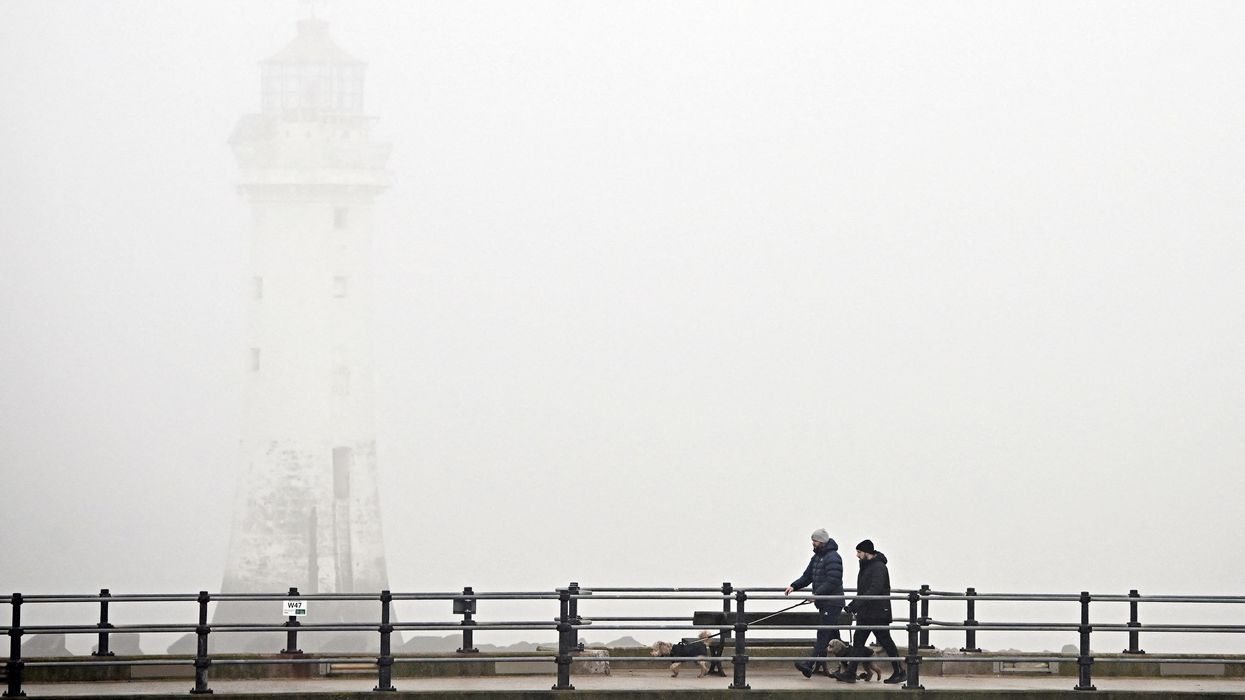BLACK and minority ethnic (BAME) groups relied more on social networks and community support than formal services during the Covid-19 pandemic due to a lack of trust and a fear of racist responses, new research has found.
The study, which formed part of the Economic and Social Research Council’s UK Research and Innovation-funded project Co-POWeR, also examined how low-paid and precarious work and disproportionate attention from police impacted children in BAME communities during the pandemic.
It recommended that national and local governments ensure a sustained investment that offers “culturally appropriate” support, tailored for local BAME groups.
While BAME people accounted comprise only 3.8 per cent of the population in England, they accounted for 5.8 per cent of Covid-19 deaths.
Researchers also found that BAME children experienced increased anxiety over parental employment and income when restrictions were enforced due to the virus.
Cramped housing, the absence of free school meals and a lack of access to internet and digital services, in many cases, affected their ability to stay engaged with their education during the lockdowns.
BAME children also experienced inconsistencies in policing of lockdown rules and supporting their education and mental health, the £2.5-million research project found.
Professor Claudia Bernard a co-author of the report at Goldsmiths, University of London said: “The recently opened Covid-9 public inquiry has pinpointed chronic blind spots in the government’s recognition of BAME communities in their emergency planning response to the virus, but our research show that the formal support services at the local level were equally lacking.
“This wasn’t an error of oversight, but represented racial and structural inequalities that were present and baked into service provision before Covid.
“If we are going to build back better, then service providers need to be culturally responsive to meet the needs of BAME families. Our recommendations place them in a position to achieve exactly that.”
A London teacher who participated in the research said the intertwining of poverty and race impacted a child’s ability to progress during the pandemic, because “the poorest people tend to be the minorities”.
“The people who were in independent schools were thriving. They...all the children were sent home with an iPad or had their own. So it’s like they didn’t lose out because they already had what they needed at home… Whereas with everybody else we had to make allowance for the fact that the government said they were going to give computers and still some schools are waiting for those computers. Even though we’ve gone back to school, they haven’t had their allocation. So, they are behind because they are poor.”
Parents who took part in the survey said the pandemic was particularly difficult because they had to juggle different roles and their everyday struggles were compounded by the lockdowns.
“Racism and racial discrimination were often described in relation to accessing support – be it food, health, employers, social services or schools,” the study found.
“For many, racism was amplified in the pandemic situation. The most support came from within their communities, wider family and friendship networks.”
Several parents said their experiences of racism in their neighbourhoods and in public increased during the pandemic.
They also felt the negative impacts of media portrayals of ethnic minorities during the pandemic and government measures which they felt particularly targeted them.
A participant from Leeds described how she felt stereotyped because she was an Asian, particularly due to the public narrative that the Asian community in Britain had higher rates of Covid-19 due to the prevalence of multi-generation households.
She said, “To say I was a threat or to count me as a higher threat because I’m Asian and in an Asian family therefore I am a higher risk, I don’t think that was very fair to say. I did find it was brushing every one with the same brush. If you’re Asian, you come from an extended family, therefore you’re at a higher risk.”
Another participant spoke about how the naming of the coronavirus variants led to Asian communities being particularly targeted.
“They kept saying the Indian variant, and that was like, you know you’re separating communities here…”
The delta variant of the virus was known as the Indian variant before the WHO brought in a new naming system and the participant said “the damage by then was already done”.
There were 140 participants - including 66 children and young people - in the survey, with 43 of them (31 per cent) being Asians.
Professor Monica Lakhanpaul of University College London, who co-authored the report, said children and young people from BAME communities have “always been impacted by racial discrimination, but this combined with the impact of the pandemic puts them in further danger of being left behind.”
“It is important that we act now, provide them with the safe spaces to connect with each other, and rebuild their trust in the police and education services,” Lakhanpaul said.
The authors recommended that policymakers and service providers address harm and promote resilience and well-being. Measures suggested included ensuring investment in place-based community services in local and national government and children’s service providers adopting an intersectional approach to understand how policies and practices impact BAME communities.
Other recommendations included co-producing youth services with young people, recognising the importance of grassroots-level insider workers, building trust between police and BAME communities through active engagement, and addressing racial discrimination within children's social care, education and health services.



















 Tamil Nadu chief minister MK StalinGetty images
Tamil Nadu chief minister MK StalinGetty images
